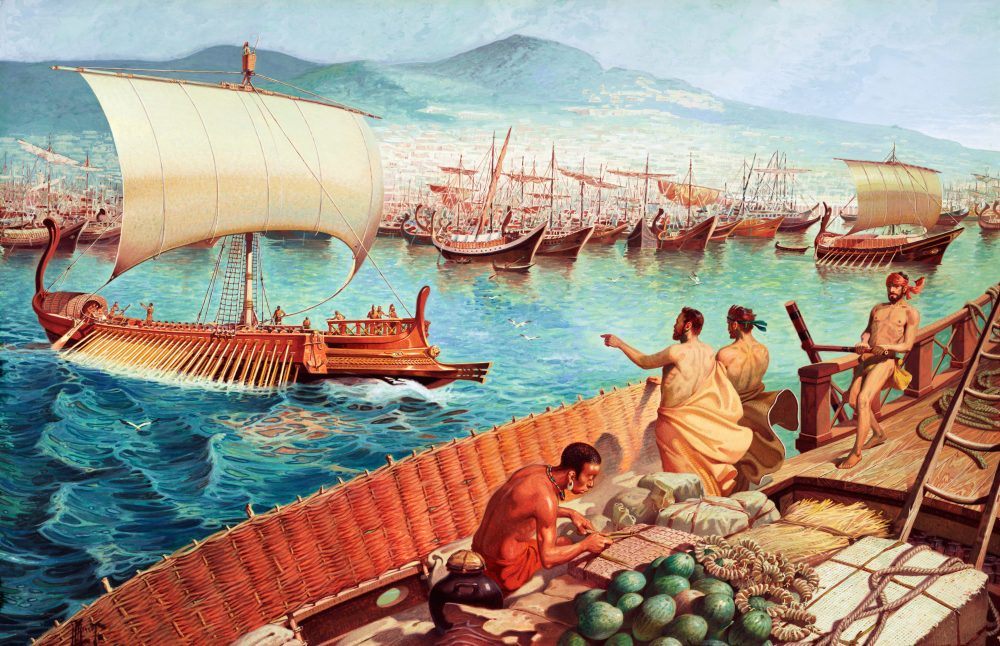
Image courtesy of National Geographic Creative.
Today’s fierce backlash against globalization raises hard questions. What does greater connectedness across borders mean for our jobs, our national identities, our culture, and our governments? These are profound concerns—but they are not new ones. The ancient Greek and Roman worlds saw increasing flows of objects, people, and ideas that created a broader international consciousness—and no small amount of dislocation and turmoil. How did the ancients respond to these phenomena? Can the ancients offer us any lessons for addressing conflict and easing disruption in the globalized 21st century? New York University classics scholar Roger Bagnall, UC Santa Barbara sociologist and global studies scholar Jan Nederveen Pieterse, and Stanford classical philologist Grant Parker visit Zócalo to reckon with timeless questions of globalization.
Please note this program will be held outdoors.
Admission limited to guests who have registered in advance.
The Takeaway
Your Complaints About Globalization Are Old News
The Ancient World Also Wrestled with Trade, Aggrandizing Elites, Destabilizing Religious Conflict, and Even Syrian Migrants
Syrian migrants were being rebuffed by their richer neighbors. Walls were being raised to keep out barbarian hordes. Old empires, having closed themselves off to trade, were in decline. Revolutionary …







